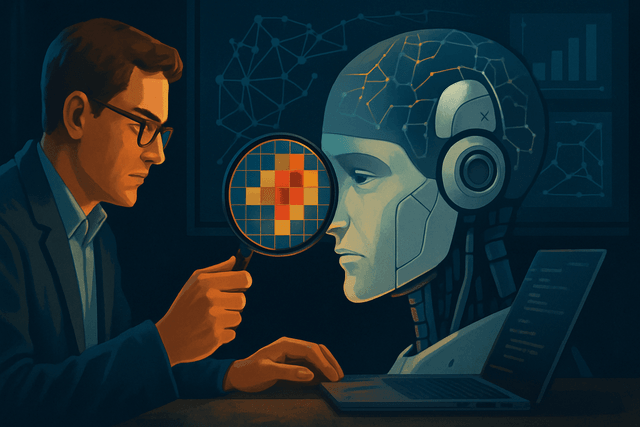While AI has made remarkable progress in generating code snippets, a new MIT study reveals significant barriers to achieving truly autonomous software engineering.
The research, titled "Challenges and Paths Towards AI for Software Engineering," was conducted by a team led by MIT Professor Armando Solar-Lezama and first author Alex Gu. Published on July 16, 2025, the study will be presented at the International Conference on Machine Learning (ICML 2025) in Vancouver.
"Everyone is talking about how we don't need programmers anymore, and there's all this automation now available," says Solar-Lezama. "On the one hand, the field has made tremendous progress. We have tools that are way more powerful than any we've seen before. But there's also a long way to go toward really getting the full promise of automation that we would expect."
The researchers argue that current AI systems excel at generating small code functions but struggle with broader software engineering tasks like large-scale refactoring, code migration, and debugging complex systems. Popular benchmarks like SWE-Bench only test patches for GitHub issues involving a few hundred lines of code, failing to capture real-world scenarios where millions of lines might need optimization or migration from legacy systems.
Human-machine communication represents another significant challenge. Gu describes today's interaction as "a thin line of communication," where AI tools often produce large, unstructured files with superficial tests, lacking the ability to effectively use debugging tools and static analyzers that human developers rely on.
Rather than proposing a single solution, the researchers call for community-scale efforts: developing richer datasets that capture how developers write and refactor code over time; creating shared evaluation suites that measure refactor quality and bug-fix longevity; and building transparent tools that expose model uncertainty and invite human guidance.
"Software already underpins finance, transportation, healthcare, and countless other critical systems," notes Solar-Lezama. The research team envisions a future where AI handles routine development tasks, allowing human engineers to focus on high-level design decisions and complex trade-offs that require human judgment.

